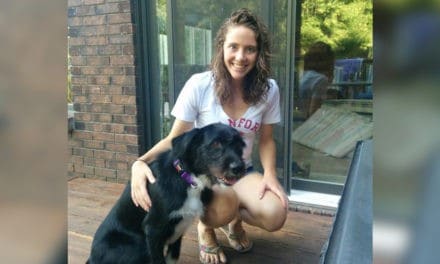Former HALO post-doctoral fellow Dr. Jeremy Walsh is lead author on a paper, “High-intensity interval exercise impairs neuroelectric indices of reinforcement-learning,” that was recently published in Physiology & Behavior. Citation details and a summary of the paper are below.
Walsh JJ, Colino FL, Krigolson OE, Luehr S, Gurd BJ, Tschakovsky ME. High-intensity interval exercise impairs neuroelectric indices of reinforcement-learning. Physiol Behav. 2018 Oct 5. pii: S0031-9384(18)30854-0. doi: 10.1016/j.physbeh.2018.10.005. [Epub ahead of print]
Abstract
A single bout of high-intensity interval exercise (HIIE) improves behavioural measures of cognitive function; however, investigations using event-related potentials (ERPs) to examine the systems that underlie these cognitive improvements are lacking. The reward positivity is a positive-going ERP component that indexes reward processing evoked by ‘win’ feedback and is a candidate marker of an underlying human reinforcement learning system. While HIIE improves behavioural measures of learning, it is unknown how HIIE affects the amplitude of the reward positivity. Therefore, the purpose of this study was to investigate how HIIE affects reward positivity amplitude in response to reward feedback in university students. Using a single-group randomly assigned counterbalance crossover design, 25 healthy university students performed HIIE and control visits on separate days. Electroencephalographic data was recorded before (pre-intervention) and 10 min after (post-intervention) the intervention period while participants played a novel gambling task. The HIIE intervention consisted of 4 separate body-weight totaling 11 min in duration, including rest. The control visit intervention consisted of quietly watching a nature documentary for 11 min. Heart rate (HR) was measured at the same time intervals in both trials. Analysis revealed that HIIE significantly diminished the amplitude of the reward positivity whereas it remained unaffected in the control condition. HR was significantly higher following HIIE compared to control during post-intervention testing. These findings suggest that mechanisms of reinforcement learning are impaired shortly after HIIE cessation, possibly due to persistent, suboptimal arousal as evidenced by elevated HR post-HIIE.





